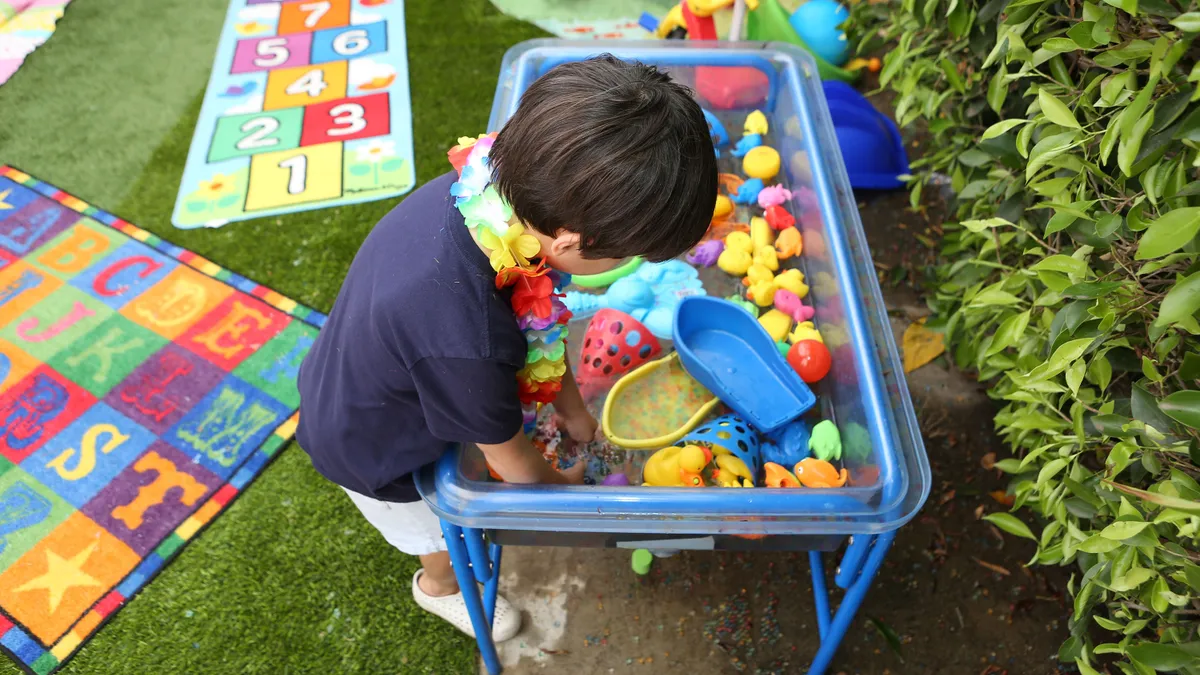Dive Brief:
- An application developed by education researchers at the University of Washington aims to improve family-educator partnerships by making it easier to communicate about how behavior interventions are helping young children, researchers said this week during a virtual session of the Council for Exceptional Children's Convention and Expo.
- The ibestt Family Notebook, which is currently being piloted, is not just another messaging app, said Jarek Sierschynski, an assistant professor of education at U of Washington. It is built to exchange information about a child's positive progress, as well as ongoing behavior concerns, he said.
- Families whose children have behavior challenges can feel guilt and shame, but they also have valuable insights to share that can help the family and educators collaborate about the child's behavior supports, Sierschynski said.
Dive Insight:
Time, technology and cultural or racial differences are some barriers to home-school communications, said Scott Spaulding, an associate teaching professor at U of Washington.
"Effective support is not going to happen if communication is poor, if it's inconsistent, or if this really great support strategy doesn't mesh with the family's background or ability," Spaulding said.
Suspensions and expulsions of young children due to behavior challenges have long been concerns for educators, families and childhood advocates. Data from the Education Department's Civil Rights Data Collection from 2017-18 showed 2,822 preschool students had one or more out-of-school suspensions, with 43% of those suspensions being given to Black students and 23.6% to students with disabilities.
A joint 2016 policy statement from the U.S. Department of Education and U.S. Department of Health and Human Services sought to reduce suspensions and expulsions in early childhood settings by encouraging:
- State and local policy development.
- Investment in professional development for the early childhood workforce.
- Sharing of resources to support families, programs and states.
- Enforcement of federal civil rights laws that prohibit discriminatory discipline practices.
The Family Notebook was designed and implemented with input from family focus groups, according to Sierschynski. Researchers hope the communication tool will empower families and decrease their stress, lead to positive impacts for students' social, emotional and behavioral health, and spur educators to use positive behavior supports.
"In some kind of way, everybody really benefits from strong family-educator partnerships in that behavior support process," said Beth Kelly, a research scientist at U of Washington.
The notebook, for example, allows educators to share data about a child's behavior intervention and for families to share whether those interventions are also working in the home.
Researchers are continuing to evaluate the tool’s effectiveness and usefulness, as well as investigate how it could apply to elementary school settings, said Spaulding.













